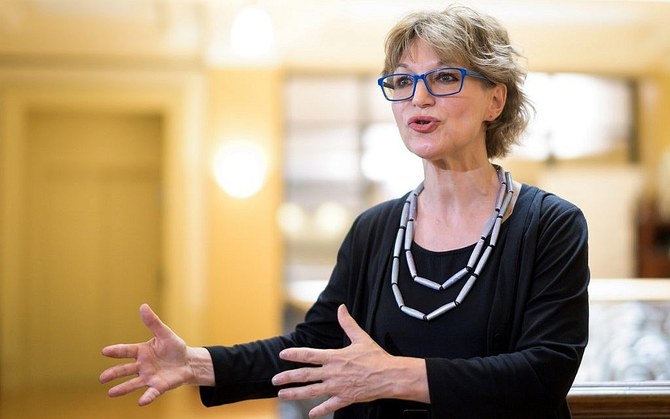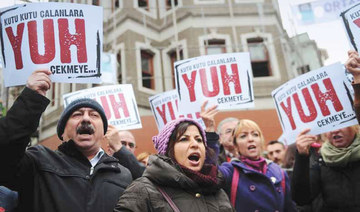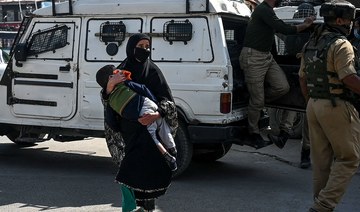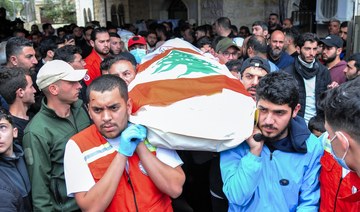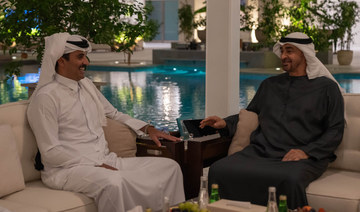LONDON: Ankara allowed Iranian intelligence officers to plot and carry out extrajudicial killings on Turkish soil, according to two UN rapporteurs.
They also accused Ankara of allowing the escape of a man allegedly involved in the killing of Iranian journalist Masoud Molavi Vardanjani in Istanbul in 2019.
In a letter to Turkey’s government, Agnes Callamard, UN special rapporteur on extrajudicial, summary or arbitrary executions, and Javaid Rehman, special rapporteur on human rights in Iran, accused it of having “failed to conduct appropriate, formal investigations into the killing.”
They urged Ankara to provide information on any investigation carried out or ongoing, the possible misuse of the Iranian consular premises in Istanbul, and to give details “about existing policies and measures aimed at ensuring that foreign intelligence officers are not allowed to perpetrate or orchestrate extrajudicial killings on Turkish territory.”
Citing the 2003 International Covenant on Civil and Political Rights, of which Turkey is a signatory, the letter said states “must take appropriate measures to protect individuals against deprivation of life by other states in areas operating on their territory, and states also have obligations under international law not to aid or assist activities undertaken by other states that violate the right to life.”
It added: “Under international law in all suspected cases of extra-legal, arbitrary and summary executions, states have an obligation to conduct ‘thorough, prompt and impartial investigations’. Failure to conduct such an investigation may trigger additional violations of the right to life.”
Vardanjani was shot in Istanbul on Nov. 14, 2019, reportedly at the behest of Iranian agents operating from their country’s consulate in the city.
US Secretary of State Mike Pompeo later described it as “another tragic example in a long string of suspected Iran-backed assassination attempts” of dissidents.
Vardanjani had fled Iran a year earlier and established a channel on the communications platform Telegram, called “Black Box,” to report on corruption allegations against senior Iranian politicians, lawyers and other members of the establishment, as well as to criticize the Islamic Revolutionary Guard Corps.
Three months before his murder, he posted a message on social media saying: “I will root out the corrupt mafia commanders. Pray that they don’t kill me before I do this.”
The UN rapporteurs said prior to his death, Vardanjani was “befriended” by an Iranian named Ali Esfanjani, who was allowed to flee Turkey three days after the murder despite a Turkish police report released by Reuters later naming him as the coordinator of the attack, and as having reported on Vardanjani to Iranian intelligence for months beforehand.
In its response, Turkey accused the rapporteurs of behaving in a manner “not consistent with diplomatic practices.”
Its permanent representative to the UN added in a diplomatic communiqué that “nine individuals, four of whom are foreign nationals enjoying neither diplomatic nor consular immunity, were arrested and put under pre-trial detention” for their alleged roles in the assassination.



